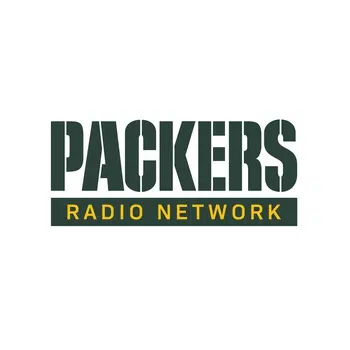By Natalie Thomas
LONDON (Reuters) – Heralded by the whirr of its underpowered electric engine and the clink of bottles stacked in crates on the back, Ella Shone’s ‘Topup Truck’ started life ferrying morning milk to the doorsteps of bleary-eyed Londoners.
Twenty years on, and the light vehicle known as a ‘milk float’ – once a ubiquitous sight on British streets – is enjoying a second career selling a range of goods and serving the 32-year-old’s quest to rid the city of single-use plastic.
“The fact that I’m driving around in a milk float does a lot for raising awareness in the local area,” said Shone, wearing a black beanie during her rounds in the borough of Hackney last week. “So now I’m operating at almost full capacity.”
Furloughed from her sales job during the coronavirus pandemic last spring, Shone used savings to start her new business, aiming to meet growing demand for household goods free of the plastic packaging used in supermarkets.
Customers book a visit from the ‘Topup Truck’ online and then purchase goods such as lentils, pasta, olive oil, shampoo or washing up liquid using their own containers.
From a low base a decade ago, the market for such unpackaged bulk goods could hit at least 1.2 billion euros ($1.5 billion) by 2030 in the European Union, according to a report https://zerowasteeurope.eu/wp-content/uploads/2020/06/2020_06_30_zwe_pfs_executive_study.pdf by Zero Waste Europe, an anti-waste network.
While handling the logistics can be a challenge, Shone calculates that her service has eliminated the need for at least 12,700 pieces of plastic since it launched in August.
Planning a crowdfunder to retrofit her milk float to enable her to serve a greater range of products to more communities, Shone hopes her novel approach will inspire others to find creative ways to tackle waste.
“If we want to have real change, it has to be a collective effort,” she said.
($1 = 0.8218 euros)
(Writing by Matthew Green, Editing by Rosalba O’Brien)




